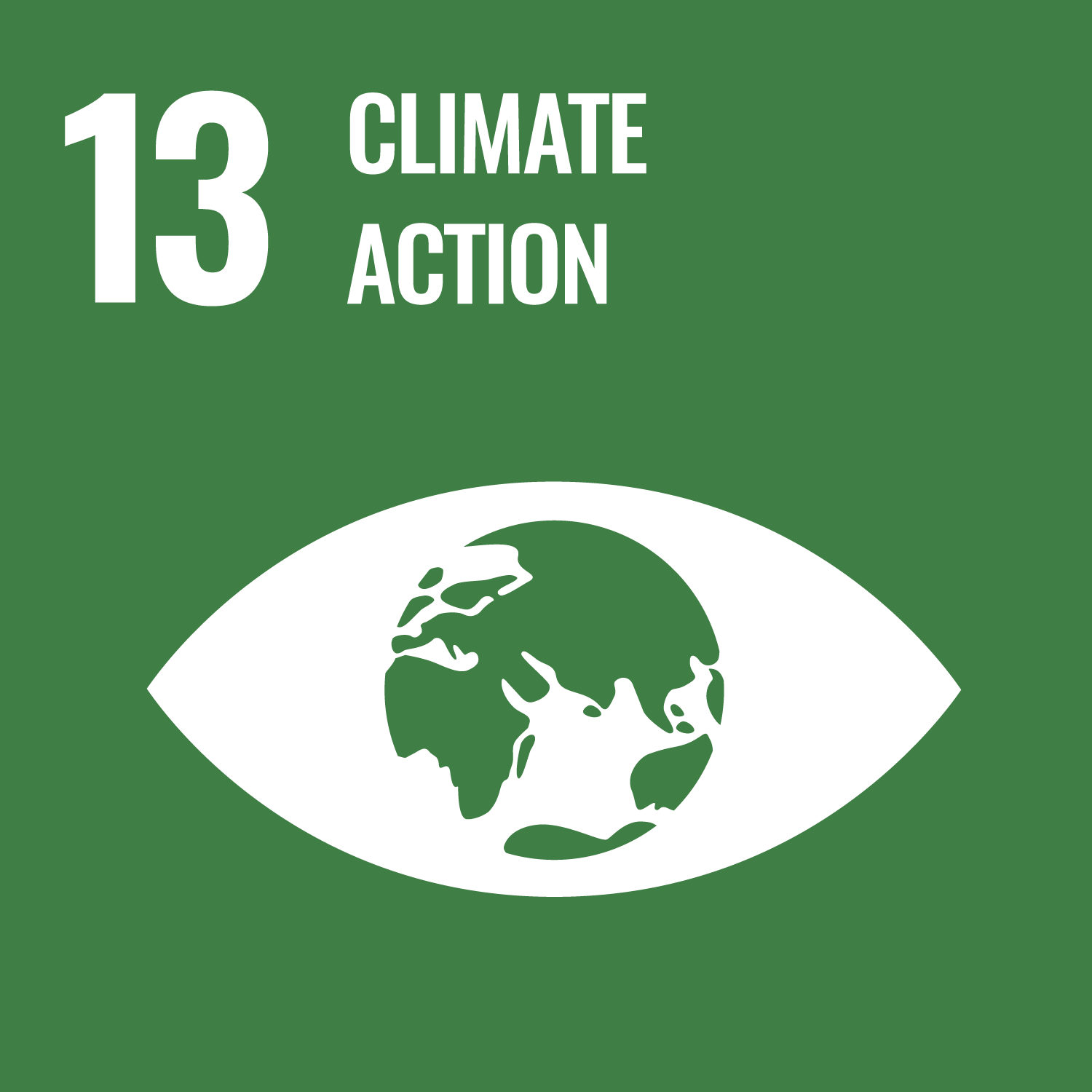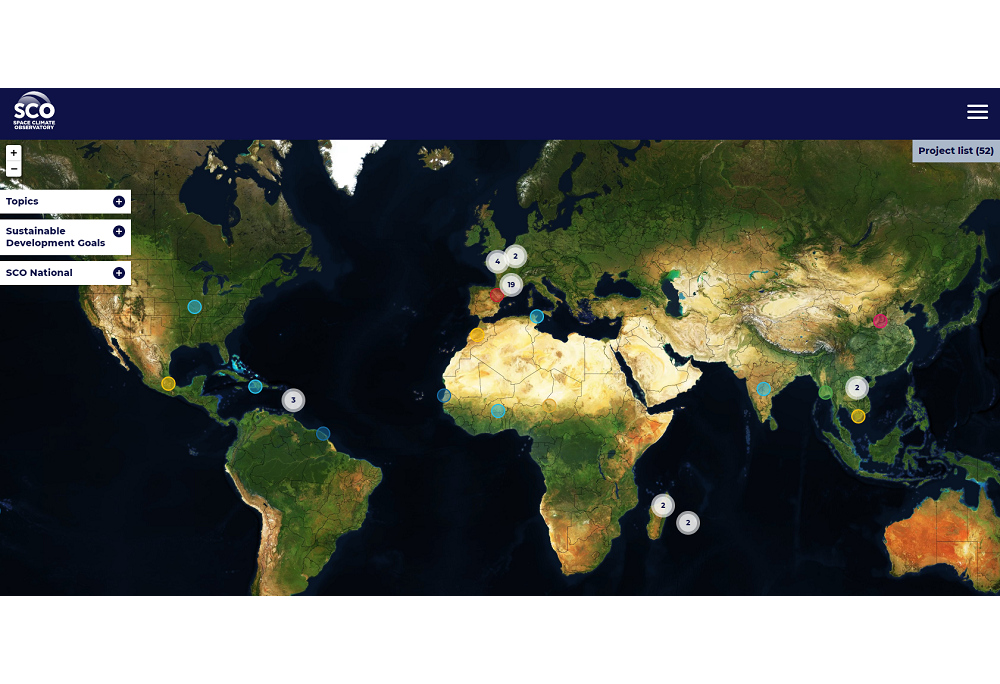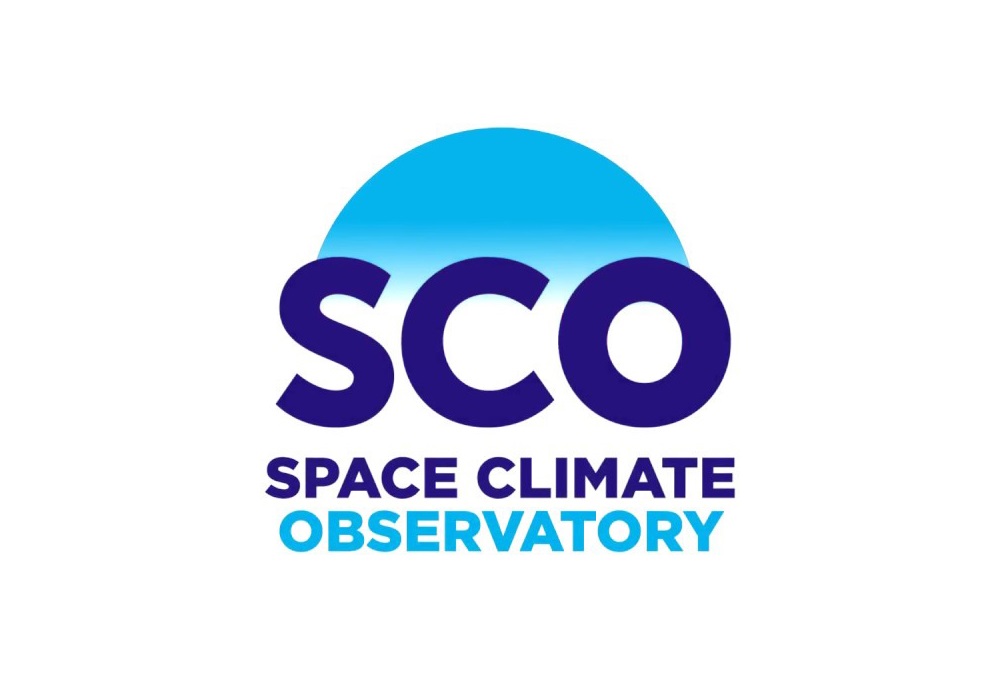Project Facts
Project Volume
10-25 Mio. EUR
Applied Financing Solutions
Grants, Concessional Loans, Market-Rate Loans, Private Equity, Crowdfunding, Green Bonds, Blended Finance, Guarantees, Public-Private Partnership, Performance Contracting, Results-Based Financing, Carbon Market, In-Kind Contributions, Public Revenues, Other
Project Dates
Start: 2017
The Story
The Space Climate Observatory (SCO) initiative bolsters international coordination to empower accurate assessment and monitoring of the consequences of climate change, based on space-based and in situ observations as well as numerical models.
Based on four pillars: transparency, local capacity building, sharing of knowledge and effective applications, SCO is the first initiative of its kind to offer tangible assistance to territories by leveraging satellite data to tackle climate change and to produce territorial vulnerability indicators with respect to social issues such as migrants, impacts on GDP, loss of human life and flooding of arable lands.
The 31 SCO partners accredit projects led by public-private consortia designed to give authorities an operational tool tailored to their specific needs to inform their climate change policies and adaptation efforts. The initiative is combining international expertise for specific needs in a common goal for climate change resilience. Local SCO are currently being set up in China, India, Mexico, Morocco and Gabon etc.
Ultimately, partners strive to adapt and transpose the methodologies and tools to other territories around the world to obtain an exhaustive and quantified assessment so as to meet the commitments of the Paris on the basis of the same metrics.
Success Factor | Hero Moment
The International Call for SCO Projects in September 2020 launched under the UN banner, focusing on high-quality project benefited from a high expression of interest: 38 international and 34 national SCO projects were received. Success is confirmed by the quality and scopes of shareable material asked to the labelled projects, impact assessment, positive user feedbacks but also by the development of SCO-based solution services with a persistent business model.
The SCO has now become a major international initiative in the spatial community. It has proven to be a complementary downstream tool to existing networks such as GEO. Success is also confirmed by the enlargement of the international network: Russia, Indonesia, Malta and Morocco have joined in 2021 and UNEP is undergoing the signature process of the joint declaration of Interest.
Submitter
UNOOSA,
Other Involved Stakeholders
AEB, AEM, AGEOS, ASI, AZERCOSMOS, BELSPO, CNES, CNSA, CONAE, DLR, ESA, ESSTI, FFG, GISTDA, HSA, ISRO, ISA, LAPAN, MCST, NSO, PSA, ROSA, SNSA, NKAU, OSTIN, ROSCOSMOS, UK SPACE AGENCY, UAE SPACE AGENCY, UNDP, VAST
Contact Mail
unoosa.org/oosa/en/contact-us/index.html
Website
spaceclimateobservatory.org/

Keywords
UNO, Adaptation
Hard Facts
250.000.000 people are benefitting directly

